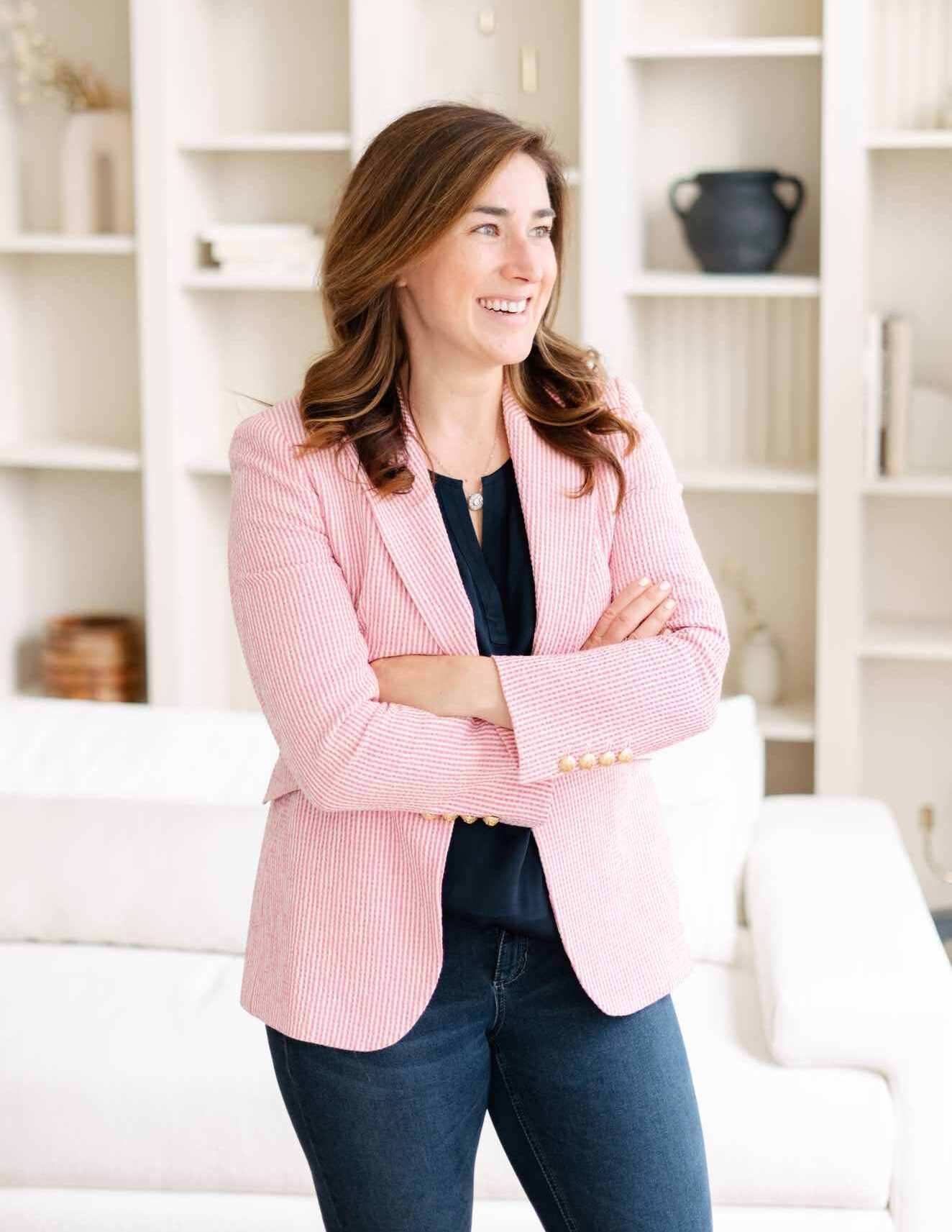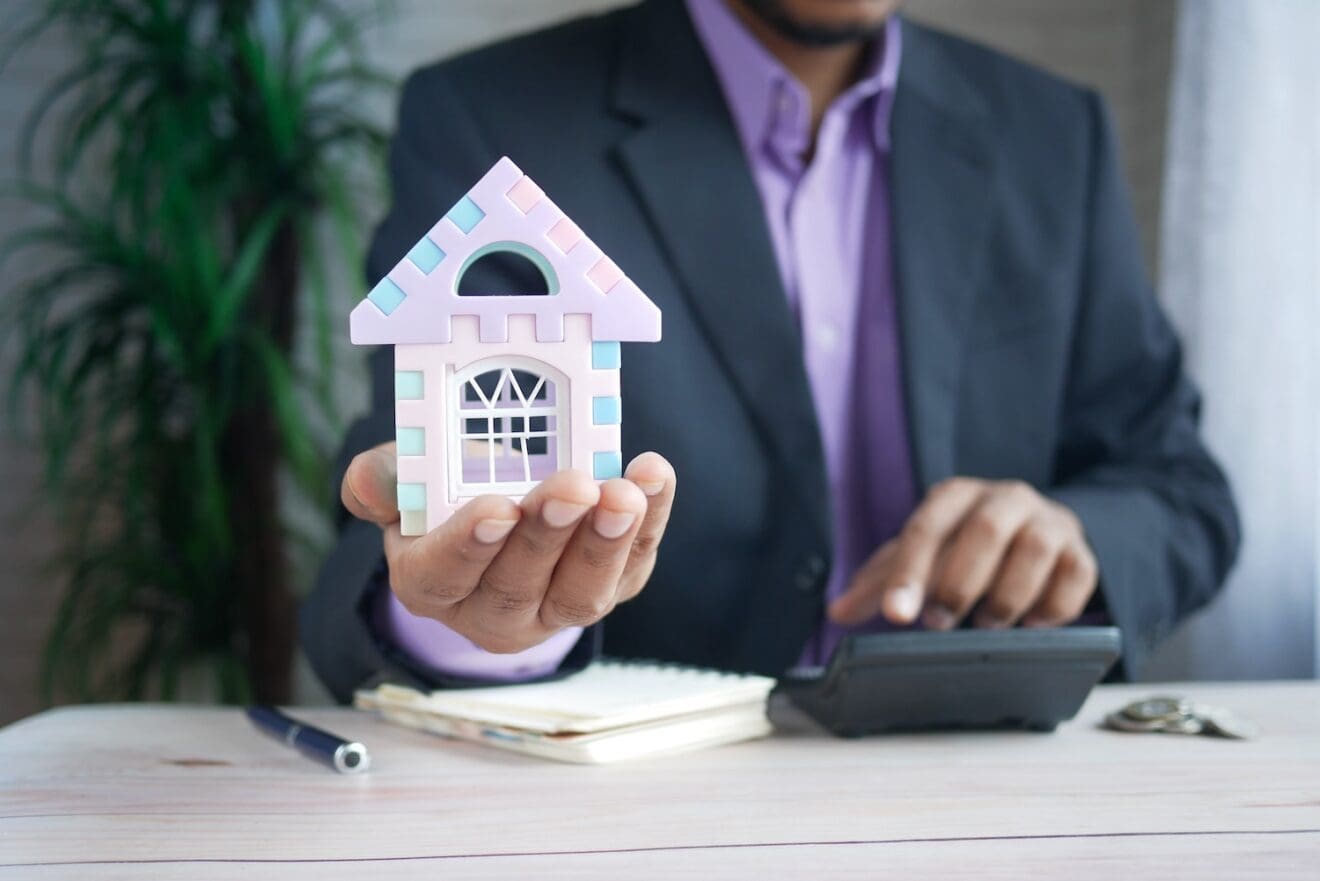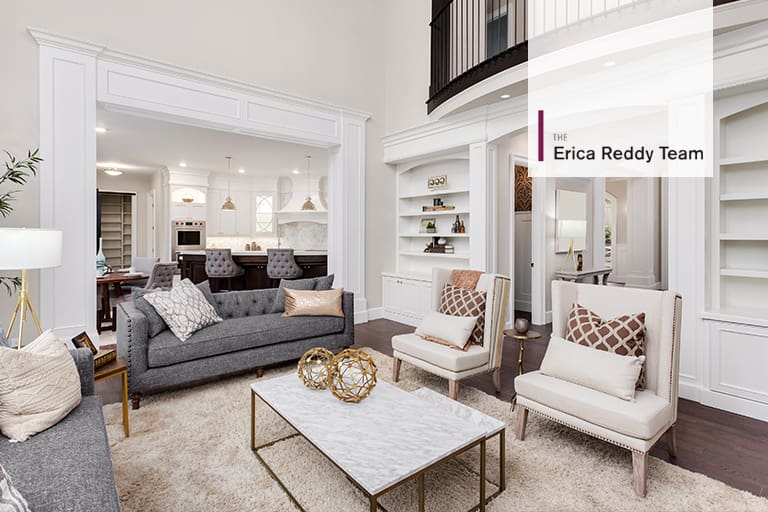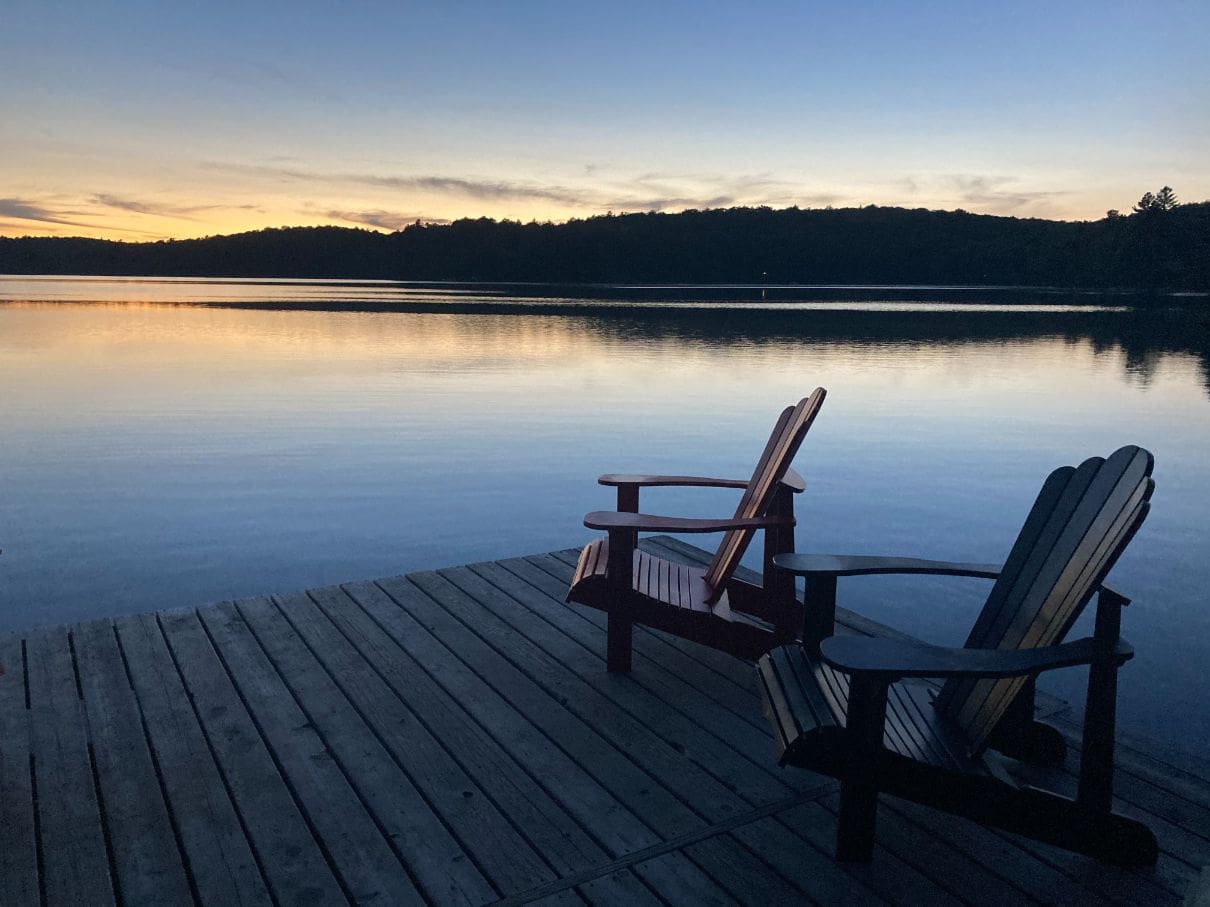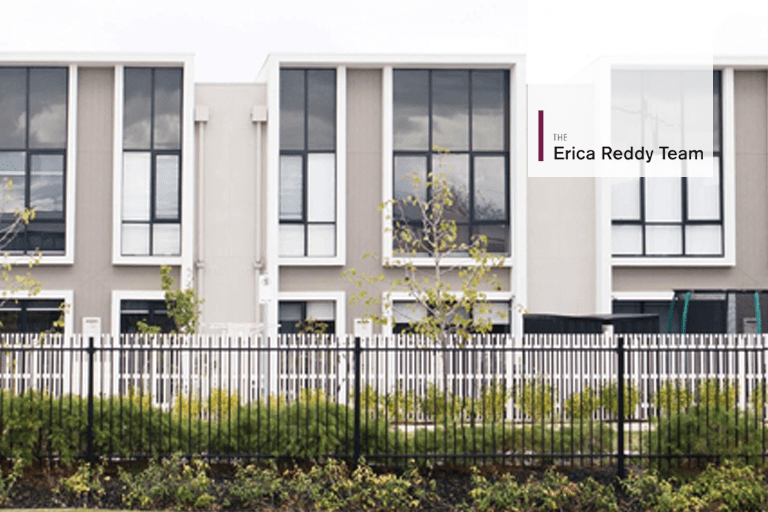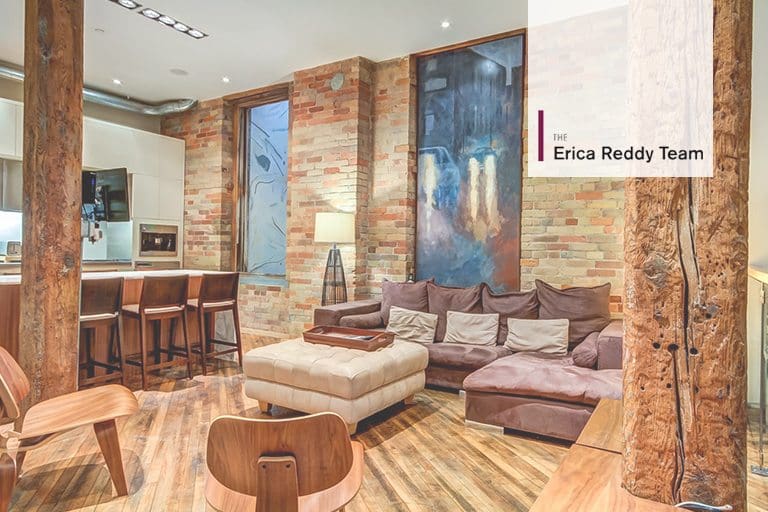
There’s nothing quite like the feeling of owning your own home, especially in an uncertain real estate market. No matter what goes on in the world outside, you have a place where you can escape from it all, where you can collect your thoughts and rejuvenate for the next day.
The benefits aren’t just emotional. From an investment perspective, it’s hard to beat real estate in terms of long-term growth and security. Your primary residence gives you a firm foothold on what we call the “property ladder.”
Getting into the market early allows you to build your net worth and equity substantially over time. As you become more financially secure, it might be time to think about adding a second home to your title. In this post, we’ll talk about the advantages and challenges of moving up a notch on the property ladder.
The Perks of a Second Home
Buying a second property offers a host of benefits. First, you have a home-away-from-home, where you can get away for a weekend or a week. For example, imagine you have a vacation property in beautiful South Georgian Bay. You could spend your days off skiing, exploring the waterfront, and shopping along the streets of quaint villages.
Secondly, there’s the intangible benefit of the security that owning multiple properties can bring. Whatever happens in your life, you will always have the peace of mind that you have somewhere to go. If your current home becomes too much to manage, the option of moving to your second home is there. It may be the basis of your retirement dreams, or you can keep it in the family to pass down to the next generation. Owning multiple properties opens doors you may not even realize existed!
Finally, there are significant financial benefits associated with owning a second house. You can generate income by renting it out, either as a short-term or long-term rental. In the long term, your equity will grow twice as fast by owning two homes as each one rises in value. Years down the road, you may decide to cash out of one or both properties to fund the retirement lifestyle you’ve always dreamed of.
The Importance of Equity
Simply defined, equity is the value of your assets minus any liabilities. When first buying a home, most people start with a small down payment, with a mortgage covering the rest. In the beginning, your equity is small, and your debt is large. However, over time, your ownership stake in your home grows with each payment.
Some financial experts refer to a mortgage as a “forced savings account” because, unlike rent, some of that money comes back to you in the form of increased equity. Once your home is fully paid off, you own a valuable asset that gives you significant net worth and purchasing power. However, you don’t have to wait 25 years to take advantage of equity growth. Your wealth increases every time real estate rises in value, and housing prices have soared in the last ten years. Here is an example of how your equity can grow when you purchase a home.
Imagine you bought a house in Toronto in January 2019, before the frantic seller’s market triggered by the pandemic of 2020. The average value of a house then was $748,328. Even with all of the ups and downs of the market since then, average prices landed at $1,125,928 by the end of October 2023.
That’s an increase of $377,600 in just three years. If you had bought one home in 2020, your equity would have grown by hundreds of thousands of dollars. But your net worth would have been even greater if you had purchased a second home!
Though the above is just an example, and fast increases like this don’t always happen, real estate values have risen consistently over time, making it one of the safest and most profitable investments you can make.
Knowledge is essential when making any investment. The posts below will provide an in-depth understanding of the real estate market:
- How to Determine A Good Investment Property
- Should You Invest In An Income Property Now?
- From Homeowner to Investor: The Easiest Way to Break into Toronto’s Market
Background Research Is Critical
Though buying a second home can be a wise and financially sound decision, nothing in life is foolproof. Every investment involves challenges and some level of risk.
The best way to offset any risk is to perform thorough research ahead of time so you know exactly what your resources are and what you’re up against.
For example, are you planning to buy a second home to rent out on Airbnb? Before you start placing offers, you will need to know what the local by-laws are. Many people have a vision of buying a second house to use exclusively for short-term rentals.
From a numbers standpoint, it makes sense. Charge $2,000 each month for your unit, or $200 each night. If you rent the home more than 10 days in a month, your earning potential is far greater. However, there is one little problem with this plan.
Because of the housing shortage, many municipalities, Toronto included, have strict regulations regarding short-term rentals. As a result, you can only use your primary residence as a short-term rental. If you go away on vacation for a month, you can list your home on Airbnb. Otherwise, you will need a different plan.
Perhaps you will use your unit as a monthly rental, after all, knowing that the real value in your investment is the long term equity growth. Or perhaps you will resume your search in a city where the guidelines are not so strict, but the demand is great enough to make your investment successful. Before doing anything, it’s best to consult a real estate agent with investment experience.
What Are the Financial Risks?
Do you have the resources to safely purchase a second home? And what happens if you buy a property and then your financial situation changes? Investing in real estate successfully means asking the hard questions. Here are a few of the risks involved when buying a second property.
- Unless you are paying cash, you will likely need to take out a second mortgage. Often, this means using your existing home as collateral. If you default on the payments, there is a chance of losing one or both properties. Setting aside a financial cushion will help to avoid this risk.
- Housing prices can fluctuate, especially in the short term. Though it is disheartening to see your home lose value after you make your purchase, it will help to focus on your long-term financial goals.
- Interest rates can change. When borrowing costs are high, earning a positive cash flow from your second property will be more challenging. Getting pre-approved ahead of time can allow you to lock in the lowest interest rates within the next 90 to 120 days. In addition, a careful cost and profit analysis will help ensure you can carry the property for the long term.
- Finding an ideal tenant can take time. In the meantime, you will have to carry the cost of your second property without relying on this income. Once again, having extra funds set aside will minimize this risk.
Do you want to know more about buying a home or condo in Toronto? The posts below will help:
- Our Top Pre-Construction Projects in the East End
- Has Buying a Home in Toronto Gotten Easier?
- What You Need To Know About Buying A House In A Changing Market
Owning a second home can be a relatively safe and stress-free investment when you proceed with accurate information and careful planning. By working with an experienced real estate agent, you can give your exciting venture the best possible chance of success.
Do you have questions about adding a second property to your portfolio? We are happy to help you make informed decisions that are right for you. Reach out today to ERICA@ERICAREDDY.COM or call 416.443.0300 for more information.
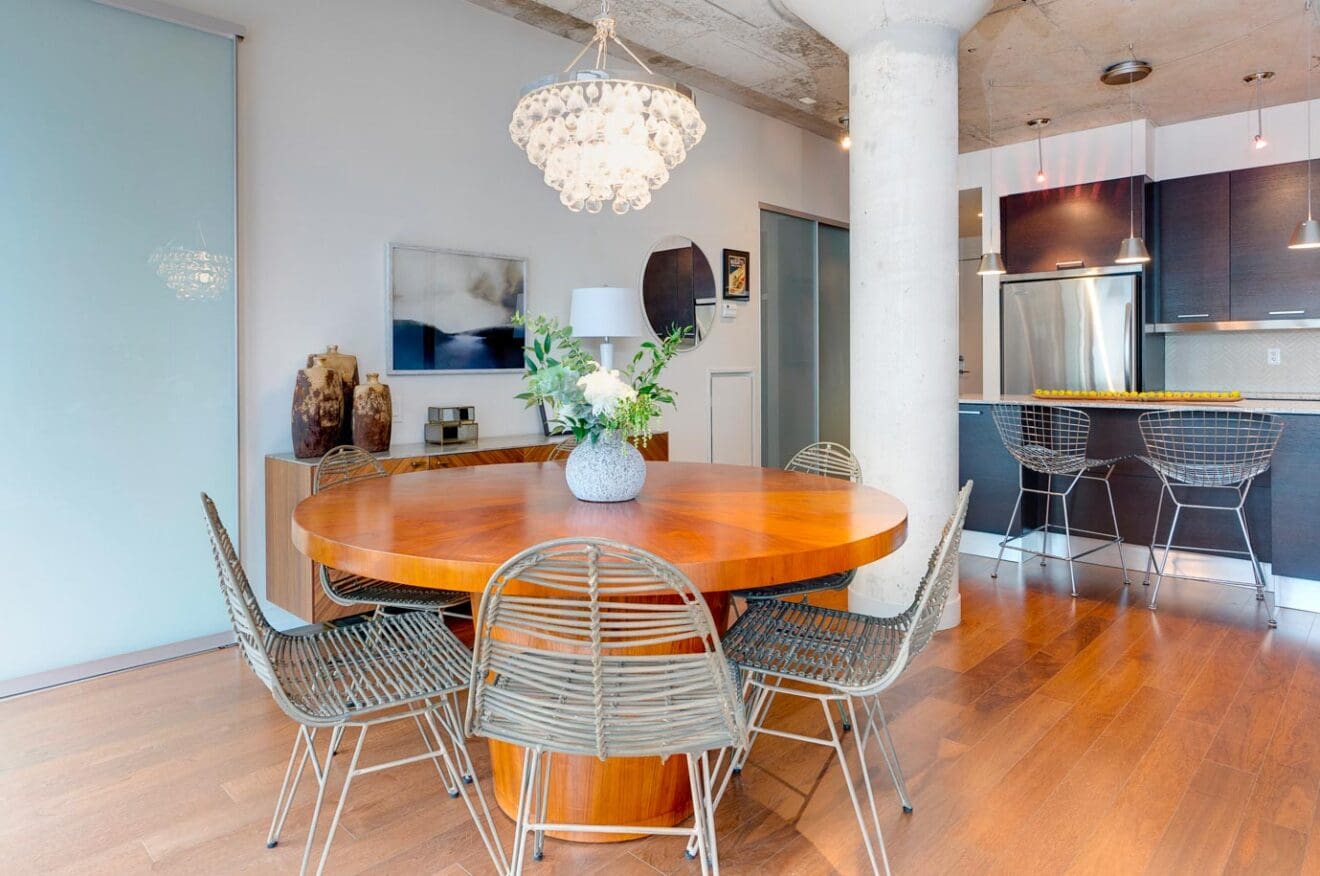
Meet The Erica Reddy Team
Find out how our specialized skill sets and extensive Toronto market expertise empower your real estate venture.
